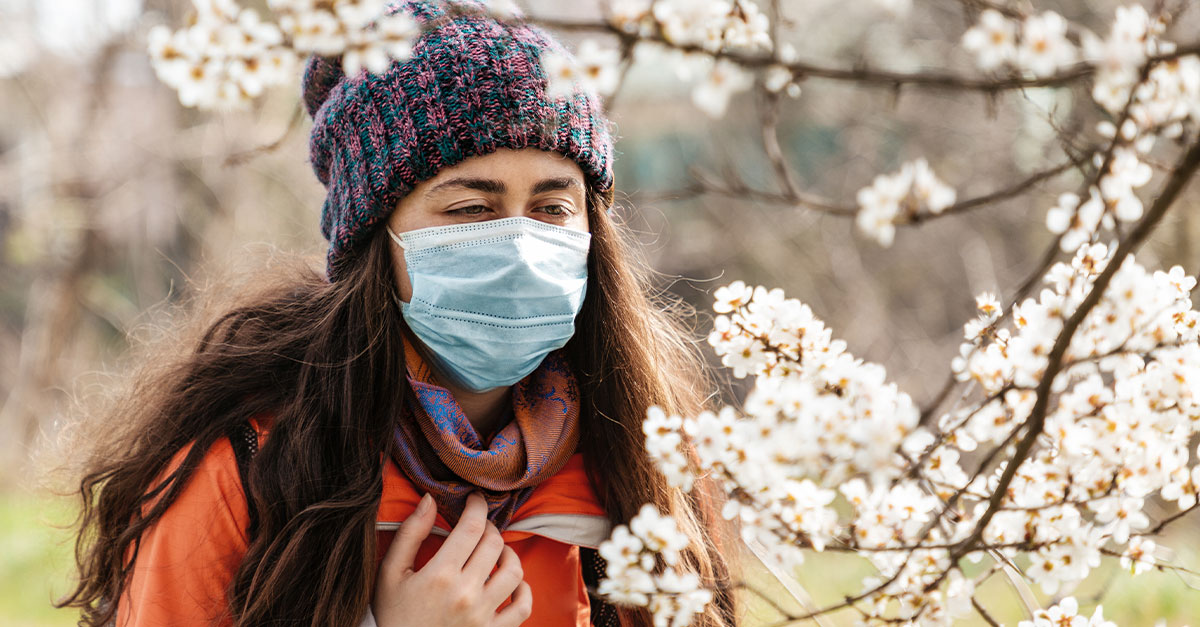As Atlanta enters another spring pollen season with the coronavirus still present in our communities, a new study suggests a link between high pollen levels and increased infection rates of COVID-19.
The study published in the Proceedings of the National Academy of Sciences looked at pollen levels along with other factors such as population density, temperature, lockdown restrictions, and the amount of humidity on a certain day.
The study authors found that when pollen in an area spiked, so did infections after an average lag time of about four days. They stated that “on average, about 44% of the variability in COVID-19 case rates was related to pollen exposure, often in synergy with humidity and temperature.”
Researchers said the reason for the link between pollen and COVID-19 infections is that pollen may cause the body to drop its defenses against the airborne virus that causes the infection.
“Pollen weakens your natural defense against viral infections. We are already aware of that with the common cold,” says Dr. Stanley Fineman, allergist with Atlanta Allergy & Asthma. “If pollen suppresses your immune system, the virus can replicate more freely and spread to other cells.”
The study also reported that when lockdown measures were in place, infection rates dropped. Some experts say more research is needed citing the difficulty in accounting for differences in pandemic control strategies across so many countries.
Whether you have a pollen allergy or not, pollen can pave the way for viral infections. Experts suggest taking protective measures. "Everyone, especially those in COVID-19 risk groups, should follow the daily pollen levels during peak pollen season," Dr. Fineman says. "Remember to adjust outdoor activities when needed, and wear particle filtering masks, even when outdoors.”

